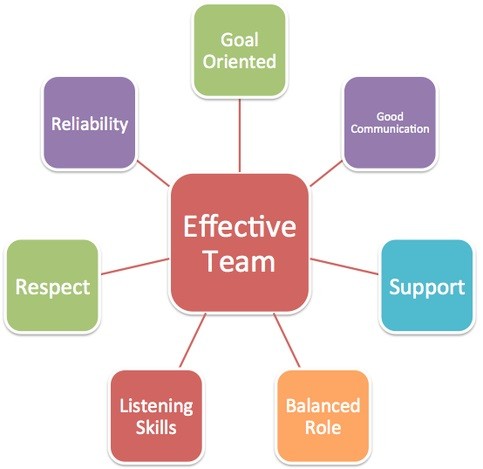What is the Heart Language? Unlocking Emotional Connections
The heart language is the language of emotions. It is how we feel and express our deepest thoughts. It connects us with others on a deeper level.
Understanding the Heart Language
The heart language is not about words. It goes beyond spoken language. It involves feelings, expressions, and body language.
Components Of Heart Language
The heart language has several components. These include:
- Emotions
- Expressions
- Gestures
- Body Language
Why is Heart Language Important?
The heart language helps us connect with others. It is essential for building strong relationships. Understanding heart language helps us communicate better.
Building Strong Relationships
Heart language builds trust and understanding. It helps us to know others better. It creates a bond that words alone cannot.
How to Learn the Heart Language
Learning the heart language takes practice. Here are some tips to help you:
- Listen carefully
- Observe body language
- Pay attention to expressions
- Show empathy
Listen Carefully
Listening is the first step. Pay attention to what others say. Listen to their words and their tone.
Observe Body Language
Body language tells a lot. Watch how people move. Notice their gestures and facial expressions.
Pay Attention To Expressions
Expressions reveal feelings. Look at how people express themselves. Notice their smiles, frowns, and other facial cues.
Show Empathy
Empathy is understanding others’ feelings. Put yourself in their shoes. Show that you care about their emotions.
Heart Language in Different Cultures
Heart language varies across cultures. Each culture has its own way of expressing emotions. Understanding these differences is important.
Examples Of Cultural Differences
Here are some examples:
| Culture | Heart Language Example |
|---|---|
| Japanese | Bowing shows respect and humility. |
| Italian | Gestures and hand movements express emotions. |
| Indian | Touching feet shows respect to elders. |
Benefits of Understanding Heart Language
Understanding heart language has many benefits. Here are some:
- Better communication
- Stronger relationships
- Improved empathy
- Enhanced emotional intelligence
Better Communication
Heart language improves communication. It helps us understand others better. We can respond more effectively.
Stronger Relationships
Heart language builds stronger relationships. It fosters trust and understanding. It creates deeper connections.
Improved Empathy
Heart language enhances empathy. It helps us understand others’ feelings. We can support them better.
Enhanced Emotional Intelligence
Heart language boosts emotional intelligence. It helps us manage our emotions. We can navigate social situations better.
Challenges in Understanding Heart Language
Understanding heart language can be challenging. Here are some common challenges:
- Misinterpretation of emotions
- Cultural differences
- Lack of empathy
Misinterpretation Of Emotions
Emotions can be misinterpreted. This happens when we misunderstand others’ feelings.
Cultural Differences
Cultural differences can cause confusion. Different cultures express emotions differently.
Lack Of Empathy
Lack of empathy is a barrier. It prevents us from understanding others’ feelings.
How to Overcome Challenges
Here are some tips to overcome challenges:
- Improve your listening skills
- Learn about different cultures
- Practice empathy
Improve Your Listening Skills
Work on your listening skills. Pay close attention to others. Listen to their words and feelings.
Learn About Different Cultures
Educate yourself about different cultures. Understand how they express emotions. This helps avoid misunderstandings.
Practice Empathy
Practice empathy daily. Try to understand others’ feelings. Show that you care.
Frequently Asked Questions
What Is Heart Language?
Heart language refers to the language that resonates deeply with an individual’s emotions and cultural identity.
Why Is Heart Language Important?
It fosters emotional connections, enhances comprehension, and preserves cultural heritage, making communication more impactful and meaningful.
How To Identify Your Heart Language?
Reflect on the language you think, dream, and express emotions in. It’s often your mother tongue.
Can Heart Language Affect Learning?
Yes, learning in one’s heart language can enhance understanding, retention, and engagement, making education more effective.
Conclusion
The heart language is the language of emotions. It helps us connect with others. Understanding it is key to better communication and relationships.
Practice listening, observing, and showing empathy. Learn about different cultures. This will help you master the heart language.
Remember, the heart language is powerful. It goes beyond words. It connects us on a deeper level.





